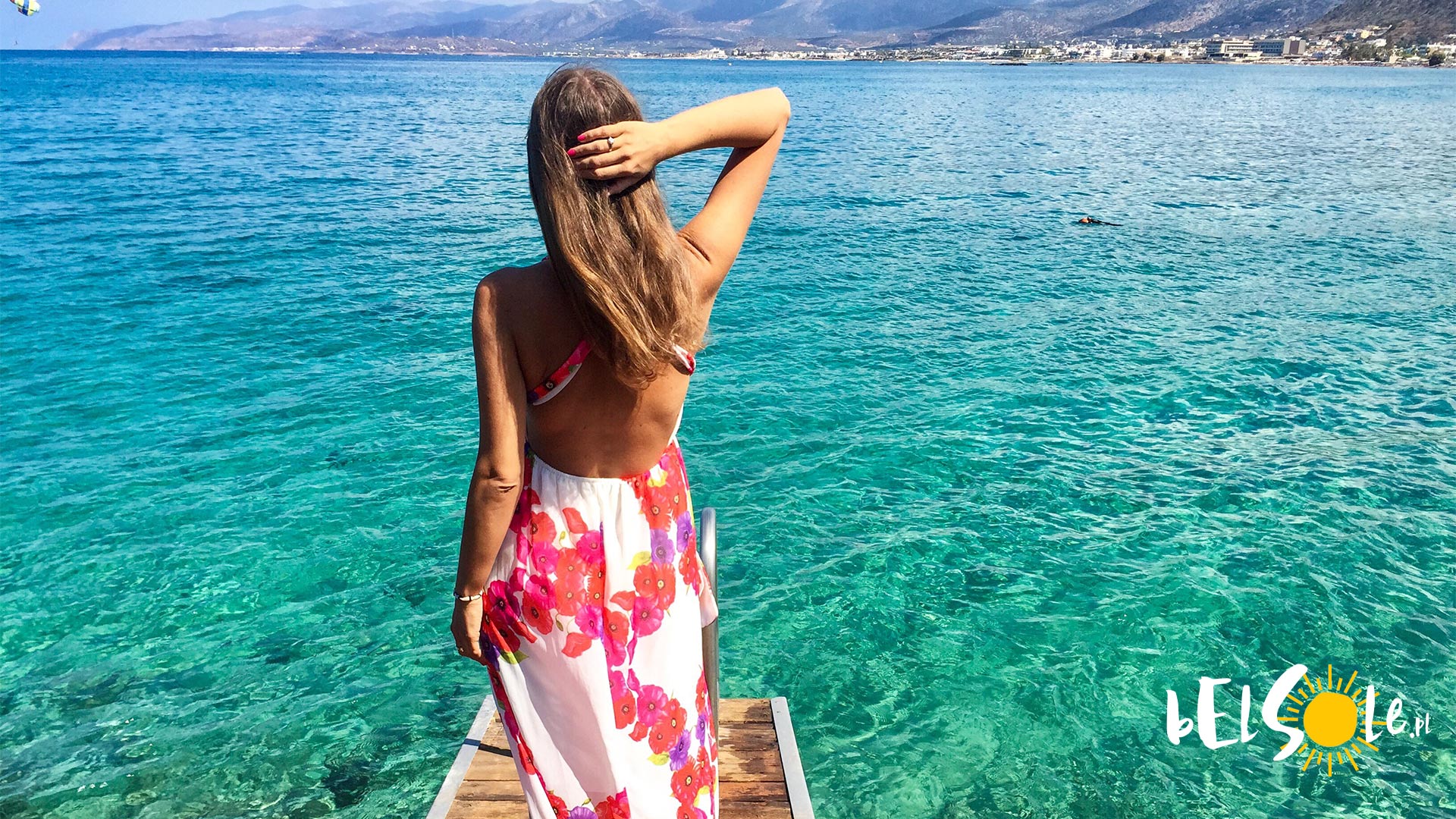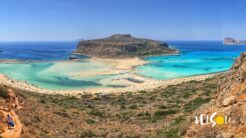Apart from seeking pleasant temperatures and wondrous sights, we also want to feel safe during our holidays. Is Crete, one of the most beautiful Greek islands, going to keep you safe during your stay? What should you look out for? Let’s take a look.
Is Crete safe?
Like most of Greece, Crete is generally very safe. Crimes are very rare, though this does not mean you shouldn’t use common sense – flaunting valuables is just begging for someone to use the opportunity. There are some rare instances that can be threatening, both natural and man-made. The overbearing heat in the summer season can create wildfires, like the one from July of 2023. As for people, you may still encounter pickpockets and thieves of all kinds. Still, this isn’t as common as in many other tourist destinations and common sense should keep you safe. Mainly, you can simply avoid large crowds and never leave your valuables where they may easily be snatched, like the beach.
Sadly, we also still have to warn solo female travellers that, though Crete is not much more dangerous than your average place, you still have to be cautious who you hang out around. The actual rates of sexual assaults are relatively low on the island but we also cannot say that they do not happen. May the day come where we won’t have to include this.
Apart from those, we have a few other notes:
Gosh darn roads
Roads in Crete are not great. Many are worn away due to their age, landslides and the presence of gravel. Additionally, if you’re travelling through the countryside, you’ll have to watch out for goats and sheep pondering around, as they like to test your reflexes sometimes. Similarly, people like to do that too sometimes, as there’s often no pavement.
Also, be prepared for Greek drivers and their more free-spirited nature. Expect to be overtaken a lot if you want to hire a car. If a car behind you is flashing its lights, it means the driver wants to overtake you – it’s good manners to pull over and give way then. For your sake too.
Crete’s waters
Though you won’t encounter no man-yearning shark, you should still be careful. There are sea urchins and jellyfish on the Greek coastlines and direct contact with either can be a very painful experience. There are also occasional fish, like the greater weever, which is dangerous to humans and may be buried in the sand on a beach. They’re quite rare, though they do still appear from time to time and their venom is incredibly painful.
The sun
Finally, one obvious one, but we have to get it out of the way or else our parental instincts will go wild: Crete gets hot. Very, very hot. So, please, use sunscreen and wear a hat. Check that you’re buying a very strong cream. You should also drink a lot of water. You can keep the harder liquors for the evening, as they don’t hydrate anywhere near as well.
See also:






